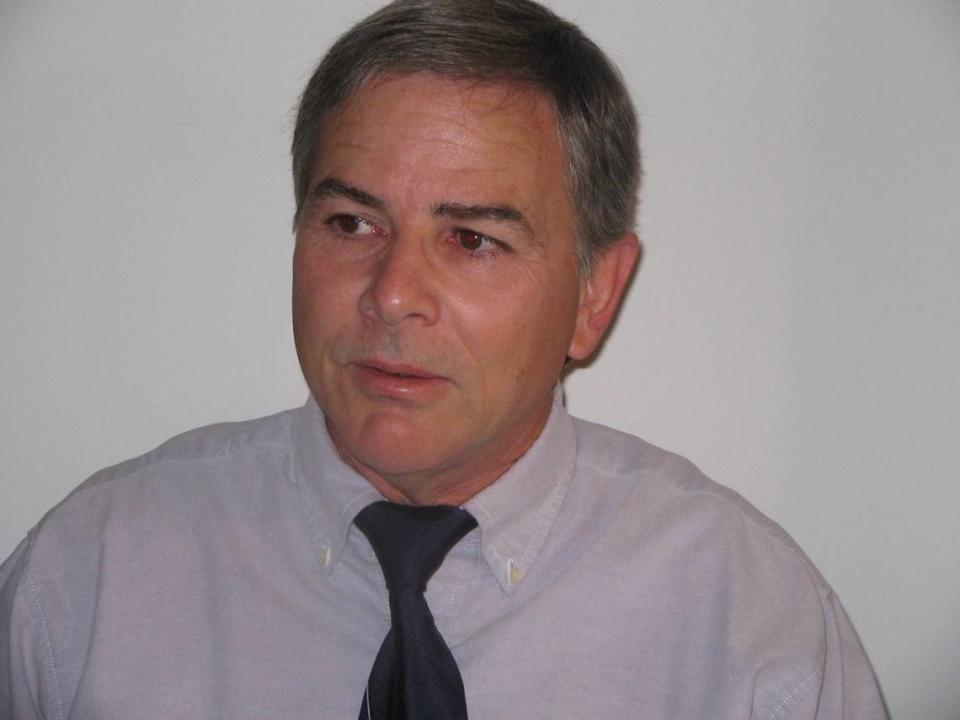For all our problems, the founding of the United States was an extraordinary thing | Opinion
At the 1968 Summer Olympics in Mexico City, an American long jumper named Bob Beamon uncorked a performance for the ages. He jumped 29 feet, 2½ inches, nearly two feet farther than any human ever had.
Beamon’s feat set a world record that stood until 1991, but the shock of witnessing it is what people remember. We don’t often see a sport’s evolution skip a generation in one afternoon. The record Beamon broke by 22 inches 56 years ago has advanced exactly two inches since.
The human race has made many leaps over time, some more momentous than others. Around 6,000 years ago, an unknown Sumerian invented the wheel. In 1879 Thomas Edison harnessed electricity. In 1969 Neil Armstrong made “one giant leap for mankind” on the surface of the moon.
And lest we forget, on July 4, 2021, Joey Chestnut ate a world record 76 hot dogs in 10 minutes at a contest in Coney Island, New York. You don’t have to change the course of history to get people’s attention; you just have to change what they think is possible.
On another Fourth of July a while back, a group of American colonists turned heads when they announced a split from Great Britain. Thomas Jefferson and friends put together a list of grievances and, with “a decent respect to the opinions of mankind,” politely told King George III to shove it.
A war of independence ensued. England and Scotland had fought two of them centuries earlier, before they became Britain. But the breakup letter that started this war added a new wrinkle:
We hold these Truths to be self-evident, that all Men are created equal, that they are endowed by their Creator with certain unalienable Rights, that among these are Life, Liberty and the Pursuit of Happiness.
Whoa. You’re telling a man whose family has ruled England for 962 years that other men are his equal? All other men?
The impertinent colonists went on to explain that government exists to secure people’s rights, using powers they willingly give it. George probably didn’t appreciate the tutorial, but 11 years later it formed the foundation of the U.S. Constitution.
The British weren’t strangers to representative government. Their Parliament dated to the 13th century, and its power had eclipsed the monarchy’s by 1689. But the king could still summon or dissolve Parliament (forcing new elections) and make political appointments, all without answering to voters. Voting for Parliament members was restricted to white male landowners over age 21.
The American revolutionaries didn’t want a king. They designed a government centered on its legislature, which would make laws and levy taxes. They charged the president with carrying out and enforcing the laws. His only king-like powers related to foreign affairs: diplomacy, treaties, and command of the military.
When Europeans learned that America was going to roll without royalty, they reacted with a collective OMG. Many of them supported the breakup with Britain but couldn’t imagine government without a crowned head and a firm hand. Didn’t those starry-eyed idealists realize they would be herding cats?
The creation of the United States has never stopped eliciting doubts and criticisms. It’s fashionable these days to denounce the whole enterprise as an exercise in hypocrisy and oppression. How can anyone take that “all men are created equal” stuff seriously when slavery was still legal and only white men with property could participate in civic life?
Trashing 18th century America for falling short of today’s moral and cultural standards is easy, but it’s like booing the inventor of the wheel for failing to invent the Prius. Innovation is properly measured against what came before, not after. Toyota owes something to that long-dead Sumerian, and it isn’t finger wagging.
After the 1968 Olympics, a new adjective came into use to denote extraordinary performance that resets the limits of the possible. I think it fairly describes humanity’s largest single step toward universal rights and liberty.
Raise a cold beer to America’s founding. It was almost Beamonesque.

Michael Smith is a freelance opinion writer in Georgetown, Kentucky.


